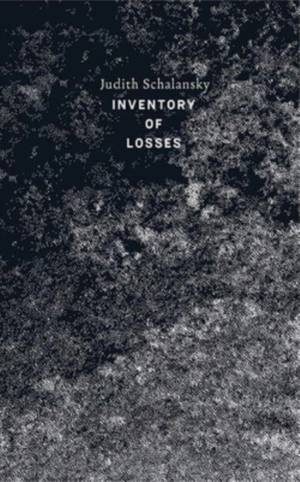
- Afhalen na 1 uur in een winkel met voorraad
- Gratis thuislevering in België vanaf € 30
- Ruim aanbod met 7 miljoen producten
- Afhalen na 1 uur in een winkel met voorraad
- Gratis thuislevering in België vanaf € 30
- Ruim aanbod met 7 miljoen producten
Zoeken
Prijzen
Omschrijving
Each disparate object described in this book--a Caspar David Friedrich painting, a species of tiger, a villa in Rome, a Greek love poem, an island in the Pacific--shares a common fate: it no longer exists, except as the dead end of a paper trail. Recalling the works of W. G. Sebald, Bruce Chatwin, or Rebecca Solnit, An Inventory of Losses is a beautiful evocation of twelve specific treasures that have been lost to the world forever, and, taken as a whole, opens mesmerizing new vistas of how we can think about extinction and loss.
With meticulous research and a vivid awareness of why we should care about these losses, Judith Schalansky, the acclaimed author of Atlas of Remote Islands, lets these objects speak for themselves: she ventriloquizes the tone of other sources, burrows into the language of contemporaneous accounts, and deeply interrogates the very notion of memory.
With meticulous research and a vivid awareness of why we should care about these losses, Judith Schalansky, the acclaimed author of Atlas of Remote Islands, lets these objects speak for themselves: she ventriloquizes the tone of other sources, burrows into the language of contemporaneous accounts, and deeply interrogates the very notion of memory.
Specificaties
Betrokkenen
- Auteur(s):
- Vertaler(s):
- Uitgeverij:
Inhoud
- Aantal bladzijden:
- 224
- Taal:
- Engels
Eigenschappen
- Productcode (EAN):
- 9780811231411
- Verschijningsdatum:
- 21/12/2021
- Uitvoering:
- Paperback
- Formaat:
- Trade paperback (VS)
- Afmetingen:
- 126 mm x 200 mm
- Gewicht:
- 254 g

Alleen bij Standaard Boekhandel
+ 52 punten op je klantenkaart van Standaard Boekhandel
Beoordelingen
We publiceren alleen reviews die voldoen aan de voorwaarden voor reviews. Bekijk onze voorwaarden voor reviews.













